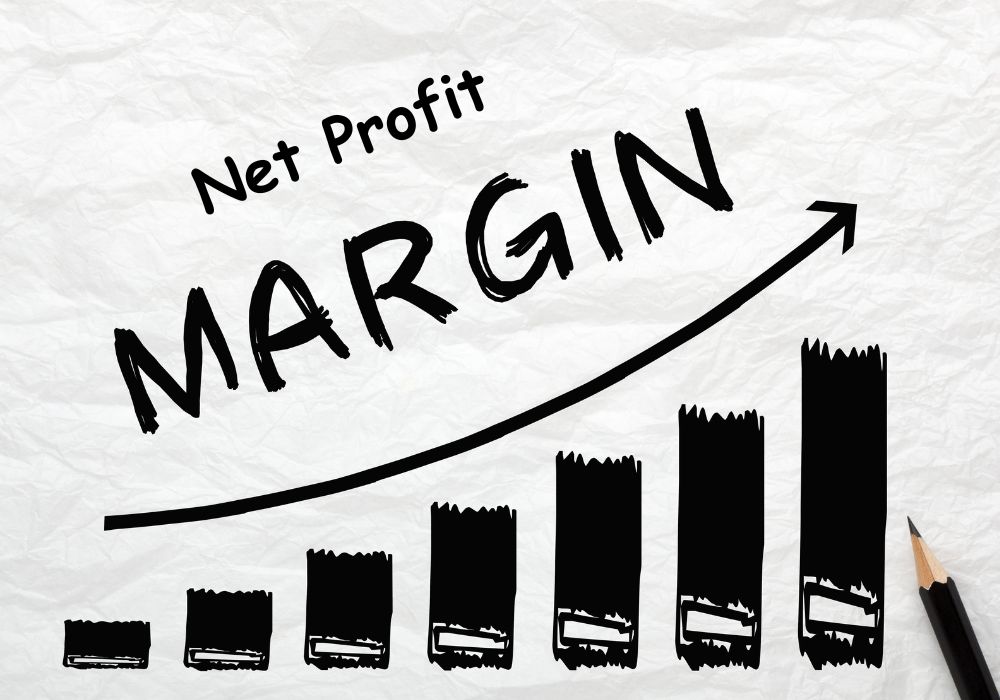- What Is Managerial Accounting?
- Why Is The Importance Of Managerial Accounting?
- Key Principles
- 1. Budgeting
- 2. Cost Analysis
- 3. Forecasting
- 4. Variance Analysis
- 5. Performance Reporting
- 6. Break-Even Analysis
- How Managerial Accounting Differs from Financial Accounting
- Purpose
- Example
- Benefits and Challenges
- Benefits
- Challenges
- How To Use It?
- Managerial Accounting FAQs
- Wrapping Up
The term Managerial accounting sounds like a corporate buzzword, right? But it’s more than just dealing with numbers in a back office.
It’s a powerful tool that helps you make smarter decisions, plan effectively, and steer your business toward success.
Unlike financial accounting, it mainly focuses on the future, guiding your next move. Let’s dive into the article to know more.
What Is Managerial Accounting?
It’s the process of collecting, analyzing, and presenting financial data to help you manage your business.
Think of it as your company’s internal compass. It provides insights—not only for tracking costs but also for forecasting profits, budgeting wisely, and spotting inefficiencies.
Unlike financial accounting, which follows strict rules like GAAP or IFRS for external stakeholders, managerial accounting is flexible. It’s tailored to your needs.
Best of all, you can use managerial accounting to answer questions like: How much does it cost to produce one unit? Or, should we expand into a new market? It’s practical, actionable, and designed to help you run the show.
Why Is The Importance Of Managerial Accounting?
Why bother with it? Simple. It gives you clarity. Running a business without it is like driving blindfolded. You might get somewhere, but good luck avoiding the potholes. Here’s why it’s essential:
- Decision-Making Power: Managerial accounting equips you with data to make informed choices. Should you invest in new equipment? Cut a product line? The numbers tell the story.
- Cost Control: By tracking expenses, you can pinpoint waste. Overpaying for supplies? Underusing resources? Managerial accounting highlights these issues.
- Planning and Budgeting: Want to set realistic goals? Managerial accounting helps you create budgets, forecast revenues, and plan for growth.
- Performance Tracking: It shows how your business units or projects are doing. Falling short? Exceeding expectations? You’ll know.
Here’s the kicker? Managerial accounting isn’t just for big corporations; even small businesses, startups, and nonprofits can benefit too. It’s about understanding your financial story—not only to survive but also to thrive.
Key Principles
Managerial accounting isn’t one-size-fits-all. It’s a toolbox with several techniques. Here’s a quick rundown of the main ones:
1. Budgeting
Budgets are your roadmap. They outline expected revenues and expenses. With managerial accounting, you create detailed budgets—not only for the whole company but also for specific departments or projects. This helps you allocate resources wisely and stay on track.
2. Cost Analysis
Ever wonder what drives your costs? Managerial accounting breaks it down. It looks at fixed costs (like rent) and variable costs (like raw materials). By understanding these, you can price products better or find ways to save.
3. Forecasting
What’s around the corner? It uses historical data to predict future trends. It’s not a crystal ball, but it’s close. You can estimate sales, cash flow, or market demand, helping you plan with confidence.
4. Variance Analysis
Budgets are great, but things don’t always go as planned. Variance analysis compares actual results to your budget. Big differences? You’ll know where to dig deeper. It’s like a financial health checkup.
5. Performance Reporting
How’s your team doing? It creates reports on specific business units, products, or projects. These reports not only show results but also highlight areas for improvement.
6. Break-Even Analysis
Want to know when your business will turn a profit? Break-even analysis shows how much you need to sell to cover costs. It’s a game plan for profitability.
The beauty of these tools? They’re customizable. You decide what data matters most for your business.
How Managerial Accounting Differs from Financial Accounting
Both terms sound similar, but they’ve different roles. Here’s a quick comparison:
- Purpose: Financial accounting informs external stakeholders (investors, regulators). Managerial accounting is for internal use—your eyes only.
- Rules: Financial accounting follows strict standards (GAAP, IFRS). Managerial accounting? No rules. It’s flexible to suit your needs.
- Focus: Financial accounting looks at the past. Managerial accounting eyes the future—planning, forecasting, strategizing.
- Detail: Financial reports are broad (think company-wide income statements). Managerial reports dive deep into specific areas, like product costs or department budgets.
The best part? You don’t have to choose between them. Use both—not only to stay compliant but also to make smarter decisions.
Purpose
The purpose? To give you clarity. To arm you with insights for better decisions, Managerial accounting exists to answer questions like: Are we spending too much? Which projects should we prioritize? How can we boost efficiency?.
It’s about planning for the future, controlling costs, and evaluating performance. It’s not just about numbers—it’s about what those numbers tell you.
The best part? It’s not a one-size-fits-all approach. Whether you’re forecasting sales or analyzing production costs, managerial accounting aligns with your goals. It’s not only about cutting costs but also about maximizing value
Example
Imagine you own a coffee shop chain. Managerial accounting helps you thrive.
- Cost Analysis: Identifies high costs of specialty drinks due to premium ingredients. Adjusts prices to maintain profit margins.
- Budgeting: Tracks monthly expenses for each store. Allocates funds efficiently to avoid overspending.
- Forecasting: Predicts seasonal sales dips. Launches winter promotions to boost revenue.
- Variance Analysis: Flags high labor costs at one store due to overstaffing. Optimizes schedules, saving thousands.
- Benefit: These tools not only boost profits but also adapt to any business, ensuring smarter decisions across retail, tech, or services.
Benefits and Challenges
Benefits
- Better Decisions: Data-driven insights mean less guesswork.
- Cost Savings: Spot inefficiencies and cut waste.
- Strategic Growth: Plan expansions or new projects with confidence.
- Flexibility: Tailor reports to your specific goals.
Challenges
- Time-Intensive: Collecting and analyzing data takes effort.
- Complexity: Some techniques, like variance analysis, require expertise.
- Cost: Hiring accountants or software isn’t free.
The good news? The benefits often outweigh the challenges. Start small, and you’ll see the value.
How To Use It?
Ready to dive in? Here’s a simple 3-step plan:
- Identify Your Needs: What do you want to track? Costs? Performance? Growth potential?
- Gather Data: Collect financial info—sales, expenses, production costs. Software like QuickBooks or Excel can help.
- Analyze and Act: Use managerial accounting tools to interpret data and make decisions.
The best part? You don’t need to be a math genius. Many tools and templates simplify the process. Plus, accountants or consultants can guide you.
Managerial Accounting FAQs
Absolutely. It helps small businesses budget, control costs, and plan growth—not only for survival but also for success.
Budgets, cost analysis, forecasting, variance analysis, and performance reports are common. Software like Excel, QuickBooks, or SAP can streamline the process.
It depends. Basic tools like spreadsheets are low-cost. Hiring accountants or using advanced software may cost more, but can save money long-term.
Yes. By analyzing costs, you can set prices that cover expenses and ensure profitability.
Wrapping Up
Managerial accounting isn’t just for suits in corner offices, it’s for anyone running a business—big or small—who wants to make informed decisions.
By understanding costs, forecasting trends, and tracking performance, you gain control. The best thing is that it’s not only practical but also adaptable to your unique needs.
So, what’s more? You can use managerial accounting to make your business grow smarter, stronger, and more profitable.







